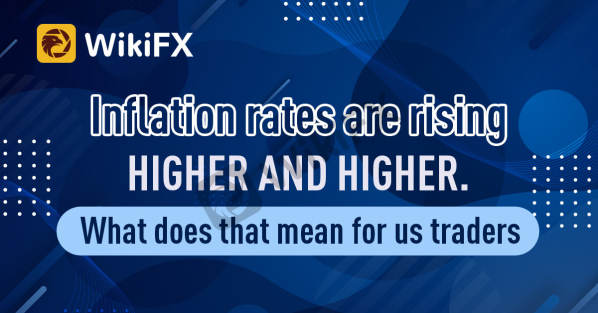
The dollar is slightly down while the yen is increasing in the wake of Abe's shooting.
The US dollar edged down in early Friday trade in Europe as demand for the safe-haven Japanese yen increased after the killing of former Japanese Prime Minister Shinzo Abe.
At 2:55 AM ET (06:55 GMT), the Dollar Index was trading 0.1 percent down at 106.895, close to a 20-year high.
Following word that Abe, Japan's longest-serving prime minister, was shot while campaigning for a parliamentary election on Friday, foreign currency traders shifted to the Japanese yen, a well-known risk-averse move, and USD/JPY fell 0.3 percent to 135.63. According to reports, Abe was in critical condition.

On Sunday, Japan will conduct upper house elections. Traders have been considering the effects of a potential change in the policy supporting the central bank, albeit any market impact is expected to be short-lived.
Only after the euro does the yen have the second-largest weighting in the calculation of the dollar index, and on Friday the index suffered due to the yen's gain. However, given that the Federal Reserve is actively tightening monetary policy and that further rate rises are anticipated in the minutes from the central bank's most recent meeting, the index's losses are rather small.
According to ING analysts, the Fed's risk management policy favors front-loaded tightening if inflation remains higher than expected. “There was very nothing [in the minutes] addressing concerns about negative growth risks.”
On Thursday, St. Louis Fed President James Bullard and Fed Governor Christopher Waller supported the need for restrictive measures to lower skyrocketing prices while expressing optimism that the United States may still avoid a recession.
At that point in the session, the focus will shift to the publication of the most recent monthly U.S. jobs report, which is anticipated to show a moderate increase in the number of Americans with paid employment in June, but one that was less pronounced than the number of jobs gained in May.
Investors are concerned that a Russian-caused energy crisis might send the continent into a recession, and the EUR/USD remained unchanged at 1.0159, hovering close to a two-decade low.
Later in the session, Christine Lagarde, the president of the European Central Bank, will address the threats to the global economy. Given that the central bank is anticipated to raise interest rates later this month, yet growth looks to be slowing in the area, this speech will be extensively analyzed for hints about the rationale behind it.
According to ING, one notable characteristic of the current re-pricing of global growth is that the ECB's tightening cycle has been re-priced down more aggressively than the Feds.
Following Prime Minister Boris Johnson's resignation, which put an end to speculation over his future, the British pound lost 0.2 percent to 1.2002, giving up some of its gains from the previous day. While this action may put an end to the current legislative gridlock, the nation still has to deal with issues like excessive inflation, increasing interest rates, and sluggish GDP.
The forint rose further on Thursday when the National Bank of Hungary raised its key one-week deposit rate by 200 basis points to 9.75 percent, the highest level in a decade, while USD/HUF fell 0.2 percent to 395.31.
The USD/PLN remained almost flat at 4.7065 after Poland's central bank raised interest rates by 50 basis points on Thursday, its eleventh consecutive hike but still less than the 75 basis point rises expected.
Follow the WikiFX news for more updates



